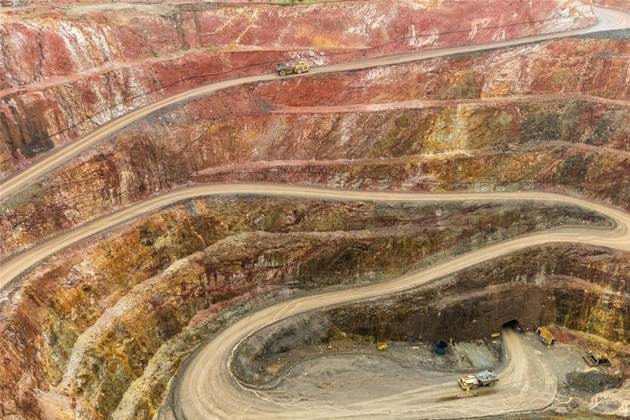The University of South Australia is developing eco-friendly mining techniques for rare earth extraction.
Rare earths are the resources that form the basis of most modern and electric technologies including electric vehicles, wind turbines and high-tech products such as iPhones. However traditional extraction techniques can have negative environmental externalities, including pollution of soil and waterways.
According to Dr Richmond Asamoah at the Future Industry Institute, part of the University of South Australia, “Rare earth minerals and battery metals are vital for the economic wellbeing of the world's major and emerging economies, yet, their supply is not reliable because of geological scarcity, geopolitical issues, and trade policy.
“The process of extracting these critical materials is very damaging to the environment, with conventional mining methods generating large volumes of toxic and radioactive materials.”
The research is focussed on the development of safer rare earths extraction, to improve downstream ore processing, tailings reprocessing and wastewater treatments, as well as battery and magnet recycling. The results should see a reduction in waste and harmful materials that can damage the environment during the process of mining.
The processes should also allow for more effective extraction, losing less valuable materials in the process.
“Accumulated mining wastes are becoming an increasingly valuable source of metals and energy, but because there’s a lack of productive and economically viable extraction technologies, there’s also a notable loss of valuable metals,” said Asamoah.
Two metal recovery processes are being tested in the extraction of metals from low grade ores, which involve resin in pulp and resin in moist mix. The research will test how these processes can assist in removing harmful substances from water and soil, and reduce negative environmental impacts.
The University of South Australia has received funding from the Australia-India Strategic Research Fund, and is seeking to deliver economical and sustainable outcomes for both Australia and India as a result.
“Rare earth elements contribute nearly $200 billion to the Indian economy, yet despite India having the world’s fifth largest reserves of critical metals, they mostly import their rare earth needs from China,” he said.
“This project hopes to enable Australia to export rare earth minerals to India, as an alternative to China, as well as to empower India to establish eco-technologies to extract minerals and metals within their own borders.”



_(23).jpg&h=140&w=231&c=1&s=0)

_(20).jpg&h=140&w=231&c=1&s=0)
_(22).jpg&h=140&w=231&c=1&s=0)



_(26).jpg&w=100&c=1&s=0)

 iTnews Executive Retreat - Security Leaders Edition
iTnews Executive Retreat - Security Leaders Edition












_(1).jpg&h=140&w=231&c=1&s=0)



